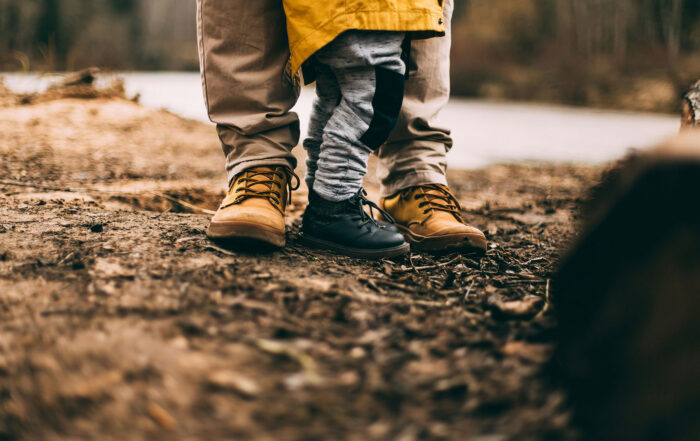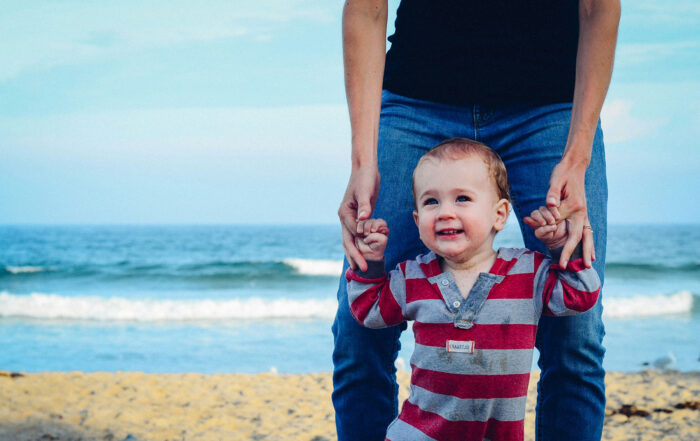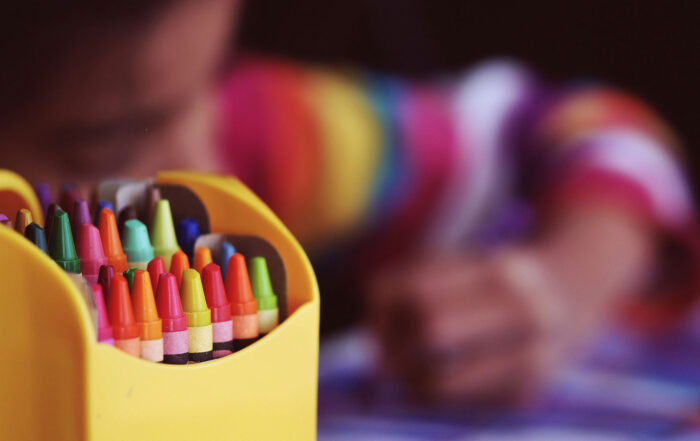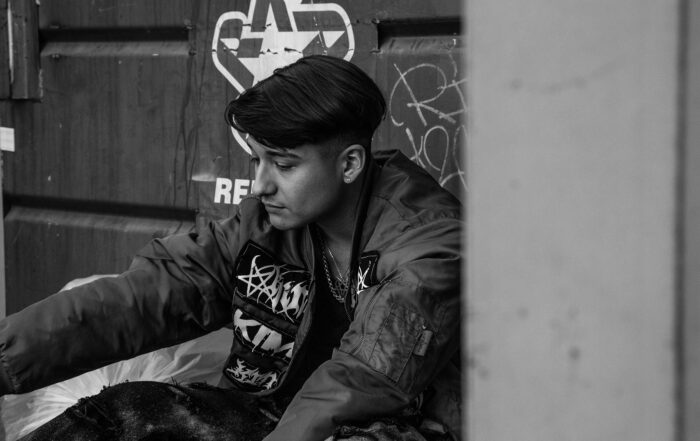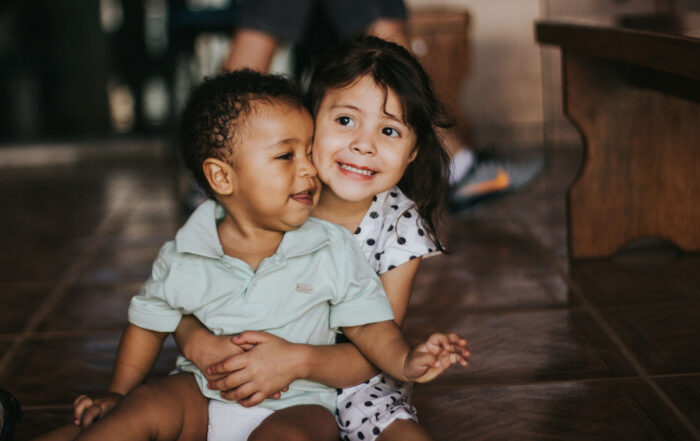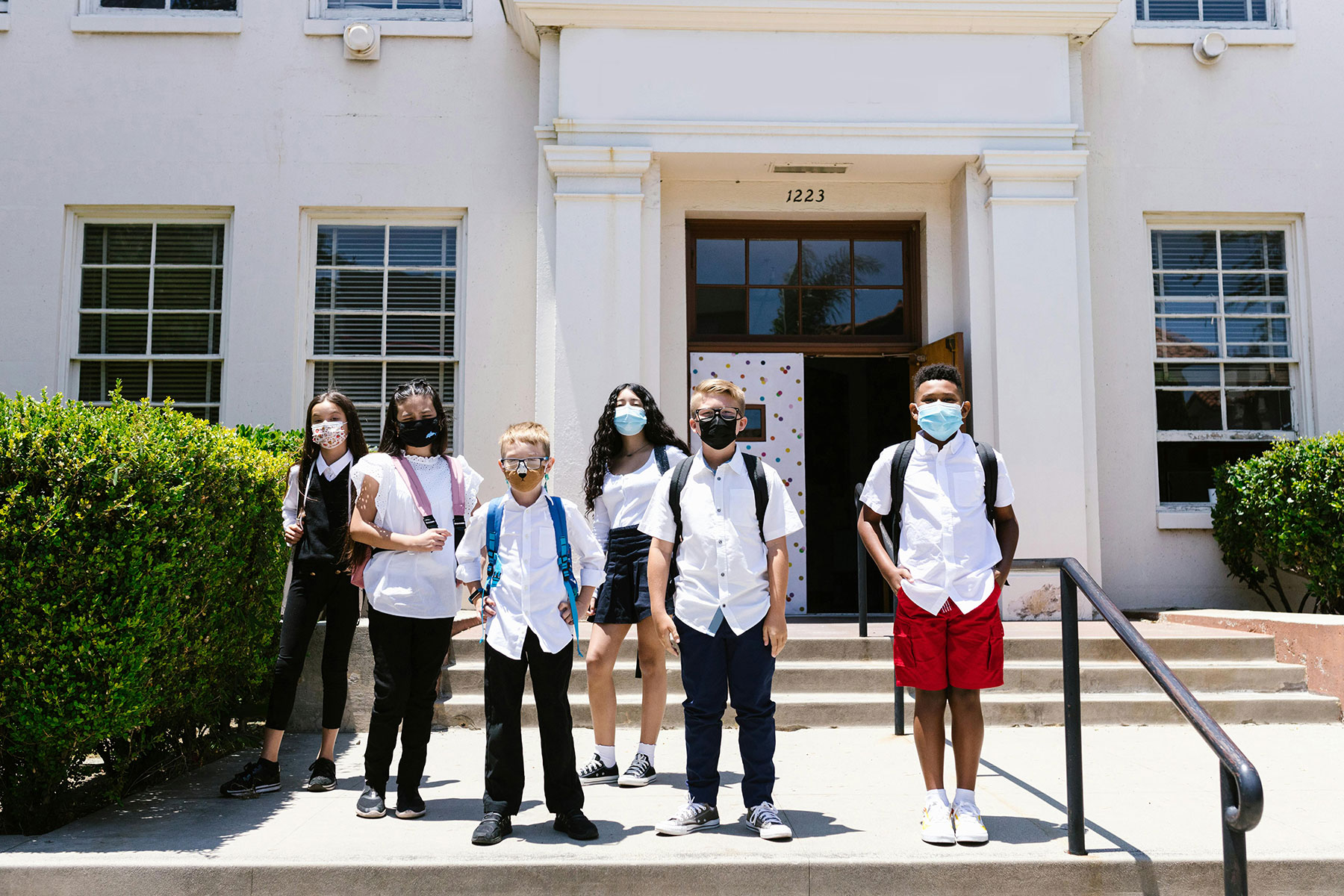
Rosalinda Guzman was inside a bathroom stall at school when something begged for attention.
It was on the door, where the school posts announcements.
“That little tiny piece of paper was just so different from everything else that it really caught my eye,” said the 18-year-old student from Kersey who attends Windsor Charter Academy.
“And it said, ‘Are you feeling stressed? Talk to your counselor. Email here or just walk in.’ And so, I did.”
That was in January when the students came back into school to learn in person.
Rosalinda, who goes by Rosi, has long struggled with anxiety, depression and abandonment issues. She also has trust issues from being bullied when she was younger. She said she’s weathered the ups and downs of the pandemic pretty well. But over the past few months, noticed she’d been feeling guilty about eating.
“It really gets in my head that I have to lose weight and I have to be slim and I can’t gain weight,” Rosi said. “So that makes me just not want to eat and not be hungry and lose my appetite.”
Eating disorders are up across all age groups during the pandemic. The school counselor encouraged Rosi to start journaling what she eats and how she feels about it. An online eating disorder group helped. Rosi feels she’s eating pretty regularly now. Being back in school helped connect her to mental health support. But while kids are at home learning remotely, many haven’t been able to access mental health interventions that might help.
Students’ mental health experiences during the pandemic have been mixed. Some kids are thriving. They like sleeping in a bit more and getting snacks when they want. Others, however, struggle.
Some adults worry about a powder keg of anxiety as more students cycle back into school. Although there’s light at the end of the pandemic tunnel now, some counselors report many children and teens are feeling emotionally, mentally and physically exhausted. It’s unclear right now whether the steps the state and some schools are taking will be enough to meet the need.
Share This Post!
Ukrainian refugees in Poland get help for trauma you can’t see — mental health
By Dana Bash and Abbie Sharpe, CNN Warsaw, Poland (CNN)Eight-year-old Yana was going to gymnastics class six days a week at home near Odessa, Ukraine. Now, she can only practice by [...]
Mental health effects of Ukraine war zone on children
By Mary Kekatos As the Russian invasion of Ukraine intensifies, children are experiencing devastating consequences of being caught up in the war zone. At least seven children have been killed, according to United Nations [...]
The Chilling Effects of the Texas Anti-Trans Directive
By Mira Miller When Texas Governor Greg Abbott penned a letter directing state officials to investigate healthcare providers or parents who help transgender youth receive gender-affirming care, some believed his order would be ignored. [...]
What Is Intergenerational Trauma?
By Ivy Kwong, LMFT Humans have survived for thousands of years by evolving the ability to adapt. If you live with chronic stress or have lived through a traumatic event, certain [...]
Is It ADHD or Trauma
By Caroline Miller When kids have behavior and attention issues in school, the first explanation that comes to mind is often ADHD. But exposure to trauma can also cause symptoms that [...]
Student Trauma Is Real. But Connection Can Heal.
By Gary G. Abud, Jr. As humans, we are hard-wired for connection with each other. When we face challenging life situations, we often seek out and lean on others. Relationships are [...]


